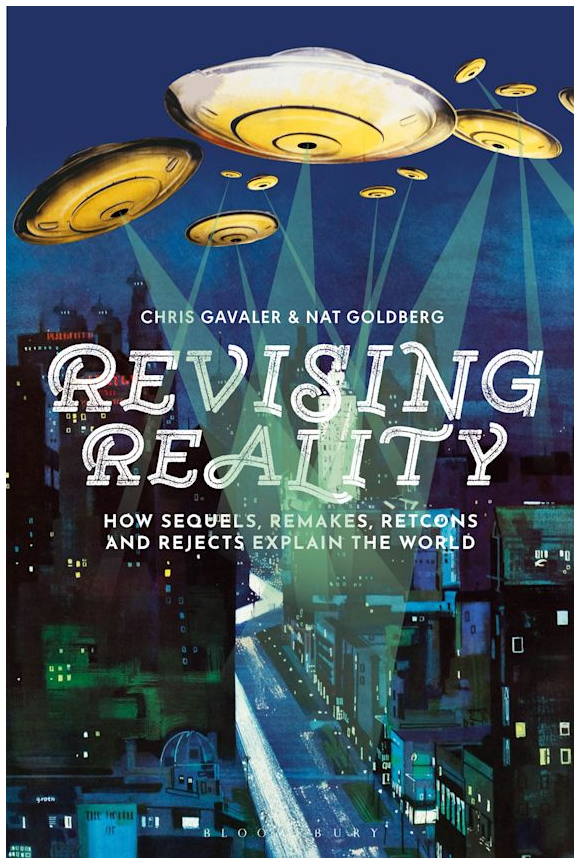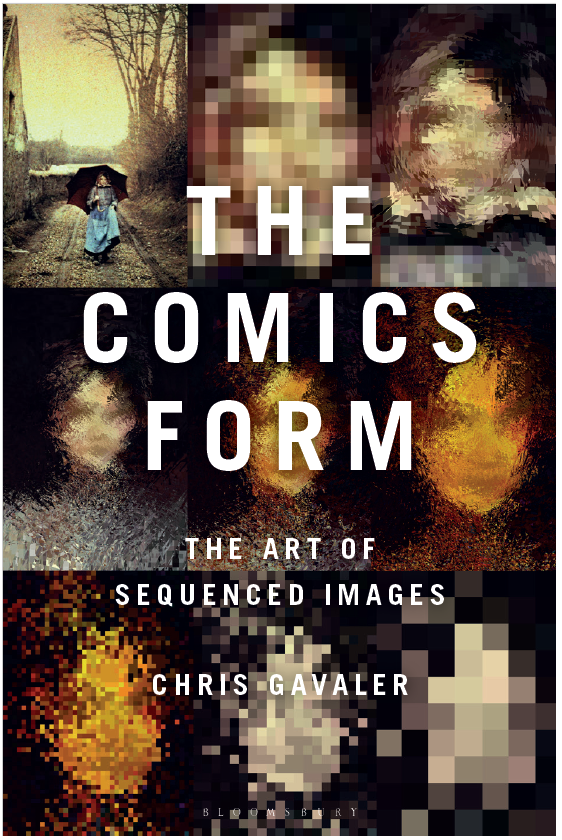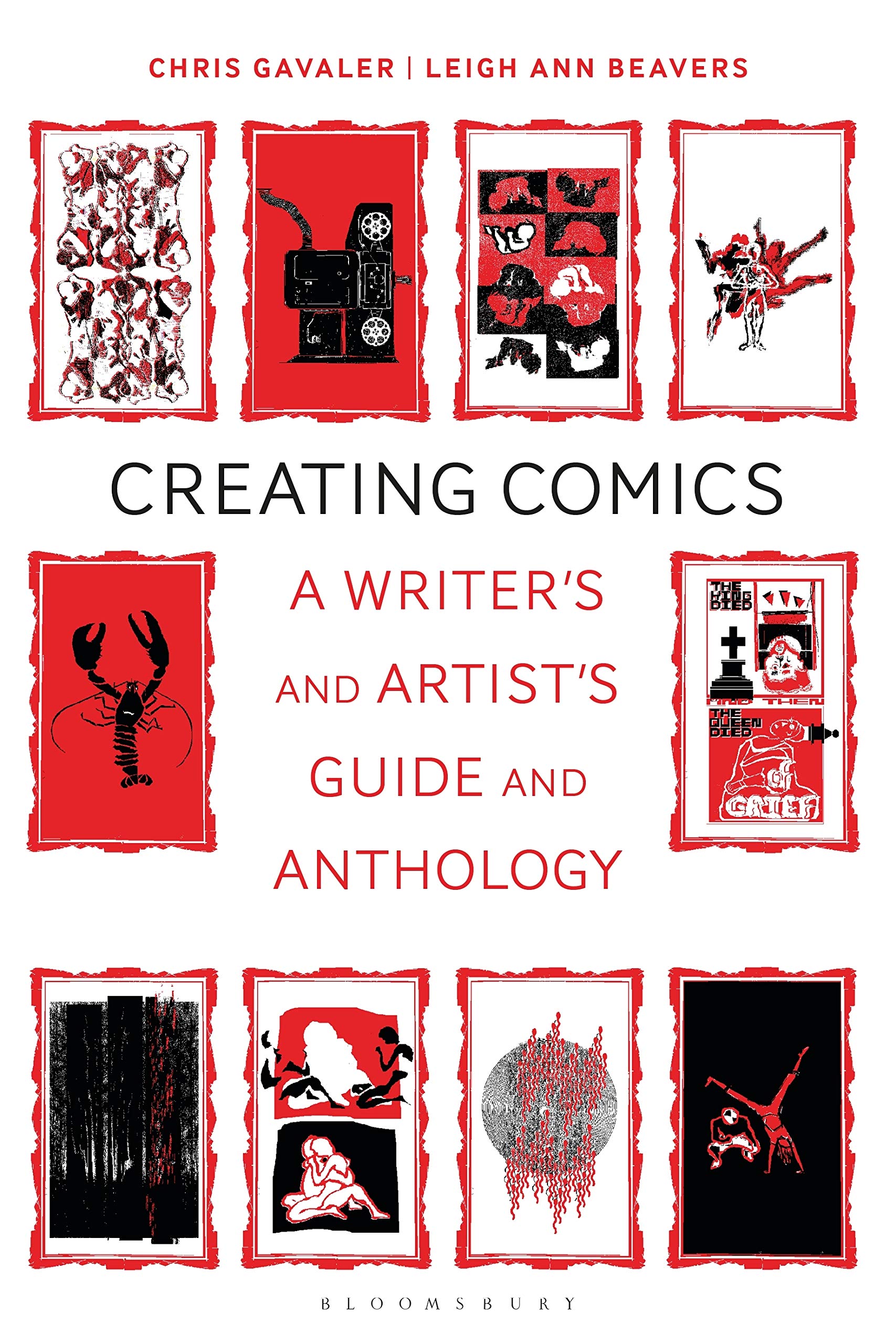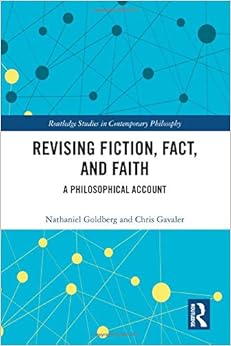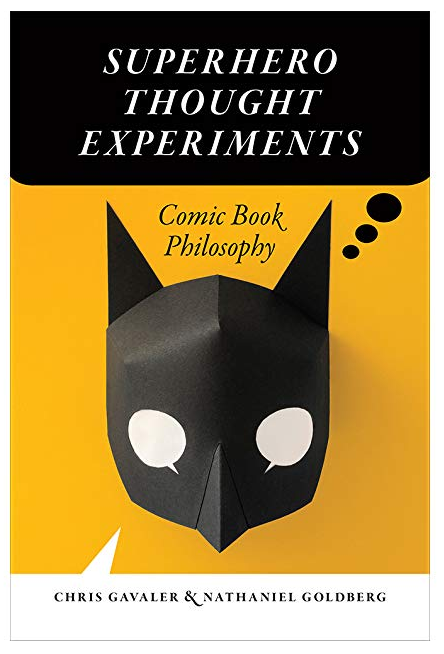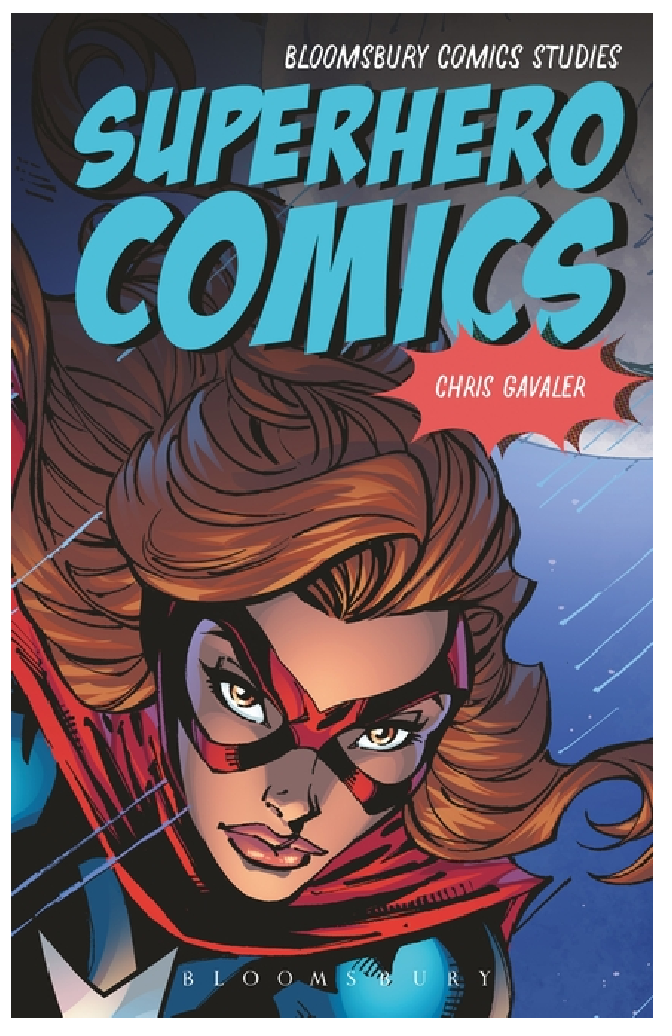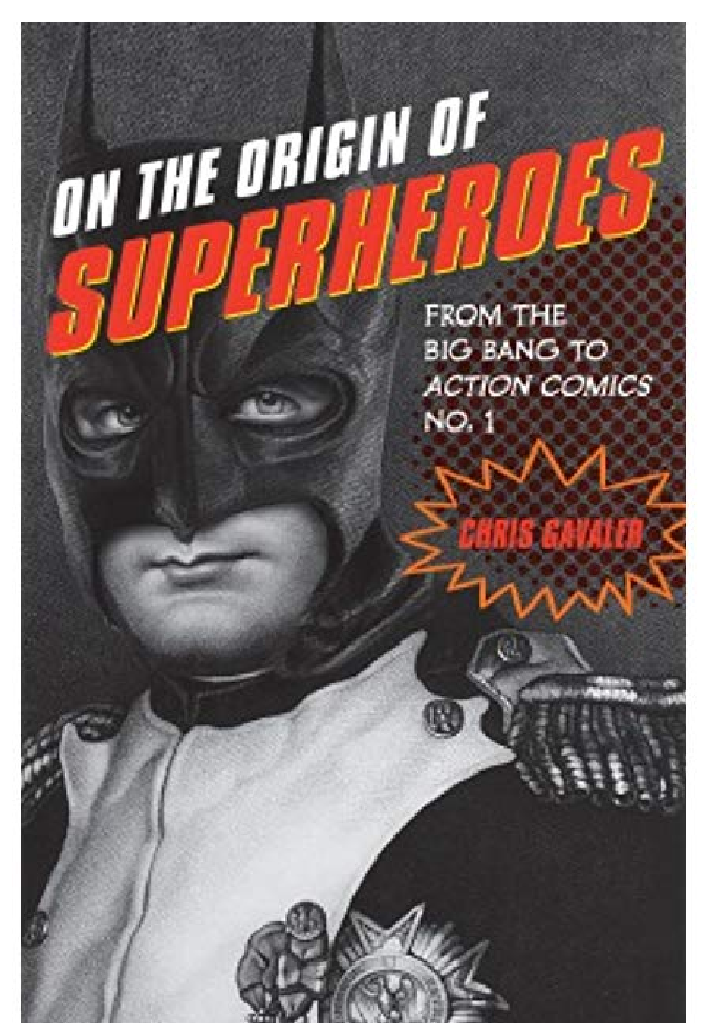Monthly Archives: August 2013
19/08/13 Elephant Man
What makes a loving husband and father-of-two go on a shooting rampage, murdering sixteen people in their homes, most of them women and children? I don’t know, but Army Staff Sgt. Robert Bales pleaded guilty of it in June. He dodged the death penalty with a life sentence, but hearing this week will determine whether he can ever earn parole.
Dr. Jekyll couldn’t recreate the monstrous serum that released his Mr. Hyde. The same is true of Sgt. Bales, but we know some of the ingredients: contraband alcohol, snorted Valium, steroids, and the anti-malarial drug mefloquine which can induce such side effects as hallucinations and psychotic behavior. Bales also suffered PTSD and a traumatic brain injury from multiple deployments.
When asked by a judge why he massacred the Afghan civilians, he answered: “Sir, as far as why — I’ve asked that question a million times since then. There’s not a good reason in this world for why I did the horrible things I did.” He acknowledged that he “formed the intent” of killing each victim, but he didn’t remember also burning their bodies. When pressed, he said, “It’s the only thing that makes sense, sir.”
Sgt. Bales sounds like a confused observer of his own actions. Which he is. We all are.
“Like a rider on the back of an elephant,” argues psychologist Jonathan Haidt, “the conscious, reasoning part of the mind has only limited control of what the elephant does.” Mostly we just sit on top and watch what happens, recording the bumping and jostling of our emotions and actions. We’re not steering the elephant. We just pretend we are. “Then, when faced with a social demand for a verbal justification,” Haidt says, “one becomes a lawyer trying to build a case, rather than a judge searching for the truth.”
“I thought I was doing the right thing,” Bales said after his arrest. The elephant always does the right thing, and it’s our job to prove it—to ourselves and everyone else. The counter evidence was too great for Bales’ lawyer to challenge in court, but Haidt calls us all “intuitive lawyers” defending our elephant-sized intuitions.
I picture a blind lawyer, Daredevil’s alter ego Matt Murdock, arguing why his vigilante-by-night job doesn’t make his legal career complete hypocrisy. There are a range of available justifications (failure of enforcement, police corruption, court incompetence), but none of them are the actual reason he runs around in a skintight unitard with little devil horns beating up bad guys. That’s just something his elephant does.
This sounds like a weirder form of double identity than most superheroes face, but two of Hollywood’s biggest, Batman and Wolverine, encode the same human-animal duality. Comic books stock a zoo of animal men, including, most obviously, Animal Man, and continuing down the alphabetized cages: Ant-Man, Badger, Beast, Black Canary, Black Panther, Blue Beetle, Cat, Catman, Catwoman, Chameleon, Cheetah, Crow, Green Hornet, Hawkman, Hellcat, Howard the Duck, Lizard, Man-Bat, Man-Thing, Man-Wolf, Nite Owl, Penguin, Rhino, Scorpion, Sabretooth, Toad, Tigris, Vulture, Wasp, and Yellowjacket.
Image Comics started publishing an Elephantman series in 2006. Otherwise you need to go to back to 1884, the year the deformed and destitute Joseph Merrick assumed that freak show moniker. Victorians ate him up. Even the Princess of Wales (a queen of animals?) stopped by his bedside to ogle. Advertised as “Half-a-Man and Half-an-Elephant,” Merrick believed his secret origin was the fairground elephant that frightened his pregnant mother. His doctor called him “the most disgusting ” and “degraded or perverted version of a human being” he’d ever seen.
Which explains his ticket sales. Victorians were busy being disgusted by all manner of animal men. H. G. Wells wouldn’t get around to populating Doctor Moreau’s island of half-men for another decade, but Robert Louis Stevenson began his vivisection of humanity’s animal side with his 1882 play, Deacon Brodie, or The Double Life. Professor Brodie of my English department assures me she’s only related to the real-life Deacon by marriage. Even so, you might not trust her with the keys to your home lest her inner elephant feels an atavistic urge to pillage. Deacon William Brodie was an upstanding member of his Edinburgh community until they hung him in 1788 for robbing by night the homes he woodworked by day.
Stevenson took four years to expand the two-faced Deacon into The Strange Case of Dr Jekyll and Mr Hyde. The doctor is the ultimate, elephant-straddling lawyer. Jekyll has no control over what his inner Hyde does. Drink, rob, rape, murder, he’s a stampede of animal urges, and when he dies it is with a “dismal screech, as of mere animal terror.”
Victorians were screeching with terror too. Not just of Hyde, but of all such criminal degenerates hiding among their fellow Jekylls. Evolution, they believed, might be slipping backwards into the animal mud which humans had once stood so divinely above. Wasn’t Joseph Merrick’s elephantine deformities evidence?
So who will save us from these animal men? Well, oddly enough, other animal men will. Superheroes aren’t like the rest of us. Being “super” means you’re only half-human to begin with. Bruce Wayne would just be another lazy socialite, but instead of abdicating control of his inner beast, he yokes it for his own moral mission. Bat-Man is a Jekyll-controlled Hyde. Beating up degenerates keeps Bruce from degenerating into one of them.
Wolverine has to battle himself to keep his berserker rage under control too. It’s a duality we all experience. Do you just make excuses for your elephant or do you try to seize its reins? It’s scary enough admitting the elephant exists. We aren’t so different from the Victorians. Instead of Darwin skinning our animal side, we have psychologists like Haidt poking their non-rationalist sticks through our cage bars. Who wouldn’t snarl when told their moral reasoning is just ad hoc rationalizations for emotional reflexes? Who wants to work as hard as a self-cage superhero, when it’s so much easier watching from your animal’s free-ranging back?
Perhaps Sgt. Bales is just a degraded version of a human being. Maybe he doesn’t deserve life, let alone parole in twenty years (he’ll be 68). He lost his inner battle against his berserker rage. He was a mere animal when he butchered those families. He needs to be caged. I would like to believe that makes him unique, that he’s a throwback from our animal past. I would like to think other human beings, if placed in the same crucible of environment and chemical horror, would not commit the same atrocity. I want to believe I could never sit before a judge, with my lawyerly hands folded in front of me, and have to say:
“It’s the only thing that makes sense, sir.”
Tags: Deacon Brodie, Jonathan Haidt, Joseph Merrick, Robert Louis Stevenson, Sgt. Robert Bales, Strange Case of Dr Jekyll and Mr Hyde
- Leave a comment
- Posted under Uncategorized
05/08/13 When Puberty Lasts a Lifetime
“I grew up in Indiana,” writes Chris Huntington, “and saved a few thousand comic books in white boxes for the son I would have someday. . . . Despite my good intentions, we had to leave the boxes of yellowing comics behind when we moved to China.”
I grew up in Pennsylvania and only moved down to Virginia, so I still have one dented box of my childhood comics to share with my son. He pulled it down from the attic last weekend.
“I forgot how much fun these are,” he said.
Cameron is twelve and has lived them all in our southern smallville of a town. Chris Huntington’s son, Dagim, is younger and born in Ethiopia. Huntington laments in “A Superhero Who Looks Like My Son”(a recent post at the New York Times parenting blog, Motherlode) how Dagin stopped wearing his Superman cape after he noticed how much darker his skin looked next to his adoptive parents’.
Cameron can flip to any page in my bin of comics and admire one of those “big-jawed white guys” Huntington and I grew up on. Dagim can’t. That, argues Junot Diaz, is the formula for a supervillain: “If you want to make a human being into a monster, deny them, at the cultural level, any reflection of themselves.” Fortunately, reports Huntington, Marvel swooped to the rescue with a black-Hispanic Spider-Man in 2011, giving Dagim a superhero to dress as two Halloweens running.
Glenn Beck called Ultimate Spider-Man just “a stupid comic book,” blaming the facelift on Michelle Obama and her assault on American traditions. But Financial Times saw the new interracial character as the continuing embodiment of America: “Spider-Man is the pure dream: the American heart, in the act of growing up and learning its path.” I happily side with Financial Times, though the odd thing about their opinion (aside from the fact that something called Financial Times HAS an opinion about a black-Hispanic Spider-Man) is the “growing up” bit.
Peter Parker was a fifteen-year-old high schooler when that radioactive spider sunk its fangs into his adolescent body. Instant puberty metaphor: “What’s happening to me? I feel—different! As though my entire body is charged with some sort of fantastic energy!” I remember the feeling.
It was 1962. Stan Lee’s publisher didn’t want a teenage superhero. The recently reborn genre was still learning its path. Teenagers could only be sidekicks. The 1940s swarmed with Robin knock-offs, but none of them ever got to grow-up, to become adult heroes, to become adult anythings.
Captain Marvel’s little alter ego Billy Baston never aged. None of the Golden Agers did. Their origin stories moved with them through time. Bruce Wayne always witnessed his parents’ murder “Some fifteen years ago.” He never grew past it. For Billy and Robin, that meant never growing at all. They were marooned in puberty.
Lee and co-creator Steve Ditko tried to change that. Peter Parker graduated high school in 1965, right on time. He starts college the same year. The bookworm scholarship boy was on track for a 1969 B.A.
But things don’t always go as planned. Ditko left the series a few issues later (#38, on stands the month I was born). Lee scripted plots with artist John Romita until 1972, when Lee took over his uncle’s job as publisher. He was all grown-up.
Peter doesn’t make it to his next graduation day till 1978. If I remember correctly (I haven’t read Amazing Spider-Man #185 since I bought it from a 7-EIeven comic book rack for “Still Only Thirty-five” cents when I was twelve), he missed a P.E. credit and had to wait for his diploma. Thirteen years as an undergraduate is a purgatorial span of time. (I’m an English professor now, so trust me, I know.)
Except it isn’t thirteen years. That’s no thirty-two-year-old in the cap and gown on the cover. Bodies age differently inside comic books. Peter’s still a young twentysomething. His first twenty-eight issues spanned less than three years, same for us out here in the real world. But during the next 150, things grind out of sync.
It’s not just that Peter’s clock moves more slowly. His life is marked by the same external events as ours. While he was attending Empire State University, Presidents Johnson, Nixon, Ford and Carter appeared multiple times in the Marvel universe. Their four-year terms came and went, but not Peter’s four-year college program. How can “the American heart” learn its path when it’s in a state of arrested development?
Slowing time wasn’t enough either. Marvel wanted to reverse the aging process. They wanted the original teen superhero to be a teenager again. When their 1998 reboot didn’t take hold (John Byrne had better luck turning back the Man of Steel’s clock), Marvel invented an entire universe. When Ultimate Spider-Man premiered in 2000, the new Peter Parker is fifteen again. And he was going to stay that way for a good long while. Writer Brian Bendis took seven issues to cover the events Lee and Ditko told in eleven pages.
But even with slo-mo pacing, Peter turned sixteen again in 2011. So after a half century of webslinging, Marvel took a more extreme countermeasure to unwanted aging. They killed him. But only because they had the still younger Spider-Man waiting in the wings. Once an adolescent, always an adolescent.
The newest Spider-Man, Miles Morales, started at thirteen. What my son turns next month. He and Miles will start shaving in a couple of years. If Miles isn’t in the habit of rubbing deodorant in his armpits regularly, someone will have to suggest it. I’m sure he has cringed through a number of Sex Ed lessons inflicted by well-meaning but clueless P.E. teachers. My Health classes were always divided, mortified boys in one room, mortified girls across the hall. My kids’ schools follow the same regime. Some things don’t change.
Miles doesn’t live in Marvel’s main continuity, so who knows if he’ll make it out of adolescence alive. His predecessor died a virgin. Ultimate Peter and Mary Jane had talked about sex, but decided to wait. Sixteen, even five years of sixteen, is awfully young. (Did I mention my daughter turned sixteen last spring?)
Peter didn’t die alone though. Mary Jane knew his secret. I grew up with and continue a policy of open bedrooms while opposite sex friends are in the house, but Peter told her while they sat alone on his bed, Aunt May off who knows where. The scene lasted six pages, which is serious superhero stamina. It’s mostly close-ups, then Peter springing into the air and sticking to the wall as Mary Jane’s eye get real real big. Way better than my first time. It’s also quite sweet, the trust and friendship between them. For a superhero, for a pubescent superhero especially, unmasking is better than sex. It’s almost enough to make me wish I could reboot my own teen purgatory. Almost.
Meanwhile the Marvel universes continue to lurch in and out of time, every character ageless and aging, part of and not part of their readers’ worlds. It’s a fate not even Stan Lee could save them from. Cameron and Dagim will continue reading comic books, and then they’ll outgrow them, and then, who knows, maybe that box will get handed to a prepubescent grandson or granddaughter.
The now fifty-one-year-old Spider-Man, however, will continue not to grow up. But he will continue to change. “Maybe sooner or later,” suggests artist Sara Pichelli, “a black or gay — or both — hero will be considered something absolutely normal.” Spider-Man actor Andrew Garfield would like his character to be bisexual, a notion Stan Lee rejects (“I figure one sex is enough for anybody”). But anything’s possible. That’s what Huntington learned from superheroes, the quintessentially American lesson he wants to pass on to his son growing up in Singapore.
May that stupid American heart never stop finding its path.
Tags: Andre Garfield, Brian Bendis, Chris Huntington, John Romita, Sara Pichelli, Stane Lee, Steve Ditko, Ultimate Spider-Man
- Leave a comment
- Posted under Uncategorized
01/08/13 Superheroes Never Die Young
Best thing to be said about The Wolverine came out of my daughter’s mouth in the parking lot afterwards: “I forgot I like superhero movies. I always think they’re going to be stupid. But that was good. I want to be a superhero!”
She’s sixteen. She also did a good parody of Hugh Jackman’s lumbering walk as we looked for our car.
My twelve-year-old son said afterwards (SPOILER ALERT!): “That was Magneto? He’s really old.” Sadly the warmest reviews praise the two-minute preview bit during the ending credits. Which can’t be that much of a surprise since there are X-Men 2015 posters all over the lobby.
The reviews also said (I skimmed a lot while deciding whether I could subject my family to yet another superhero movie this summer) the train scene was really cool. I’m apparently one of the few people in the U.S. who saw The Lone Ranger and so could live longer than the semi-immortal Wolverine and never want to watch two guys fighting on top of a train ever again. I felt that way after Skyfall as well. Hell, I felt that way after Spider-Man 2. But don’t worry, this time it’s a bullet train, which not only changes the physics in a fun way, it means the scene is short.
Even my wife (she sat through The Long Ranger too) liked the train, but not as much as the clothes. They were beautiful, she said. Except Hugh Jackman’s. He wanders the whole movie dressed like a lumberjack. Which is loads better than the leather and/or spandex outfits all other superhero movies require their leads to shimmy into at least once in the third act. It’s literally a surface change, but it says a lot about the deeper structure of the film.
With one or two gratuitous exceptions, director James Mangold allows very few superpowers room to fly. Sure, masked ninjas are kinda the same thing, but it’s okay because we’re in Japan. Since the bad guys zapped his mutant healing, Jackman spends this round closer to a garden variety martial arts pro than the Man of Adamantine. Think 007 if Q could figure out the claw-popping tech. He also apparently has a license to kill. People got quite bent about Superman snapping poor General Zod’s neck earlier this summer, but Wolverine slices up two hours worth of bloodless PG-13 bad guys without a moral shrug.
But despite such stalwart formula-bending, the film still operates wholly within superhero movie expectations. More specifically, superhero movie 2 expectations. Somewhere in Hollywood it is written that in his second film the hero will temporarily relinquish his accursed powers in an attempt to live a more human life only to learn the noble necessity of his lonely plight and renew his do-gooding mission. See the above mentioned Spider-Man 2. And Superman II. Christopher Nolan shook things up by yanking Christian Bale’s bat tights off at the start of his third movie, and the Fantastic Four franchise crammed the Thing’s arc into that unfortunate first flick. I’d call it a Last Temptation of Christ thing, but I’m on vacation and so not in the mood for the analysis of bloated superhero-as-savior imagery.
I should probably also mention that the Wolverine screenplay is based on a 1982 comic book by Chris Claremont, but I never read it. I was suffering my brief, too-cool-for-comics phase in junior high. Though I do remember seeing the cover and thinking, “Really? Wolverine gets his own series? Aren’t they milking that a little thin?” Which explains why no one in Hollywood ever phones me for advice.
If you count his cameo in X-Men: First Class, Jackman has played Wolverine in six movies, the seventh currently in production. He was 31 when X-Men premiered and 44 now. Though his anti-aging mutant powers are way way better than mine, Hugh is not that spry young thing he once was. That massive musculature looks like the product of lots and lots of effort—not the ole born-that-way mutant privilege.
And that’s true of the superhero movie in general. It’s working really really hard to maintain its supremacy, but the skin pulled over all that muscle is looking a bit grizzled. As my son would say, “He’s old.” Fortunately for every Toby Maguire there’s an Andrew Garfield, and a Henry Cavill for every Christopher Reeve. Who do you think will be playing Wolverine when my son takes his twelve-year-old to X-Men XX?
Tags: Chris Claremont, Hugh Jackman, James Mangold, The Lone Ranger, Wolverine, X-Men
- Leave a comment
- Posted under Uncategorized














